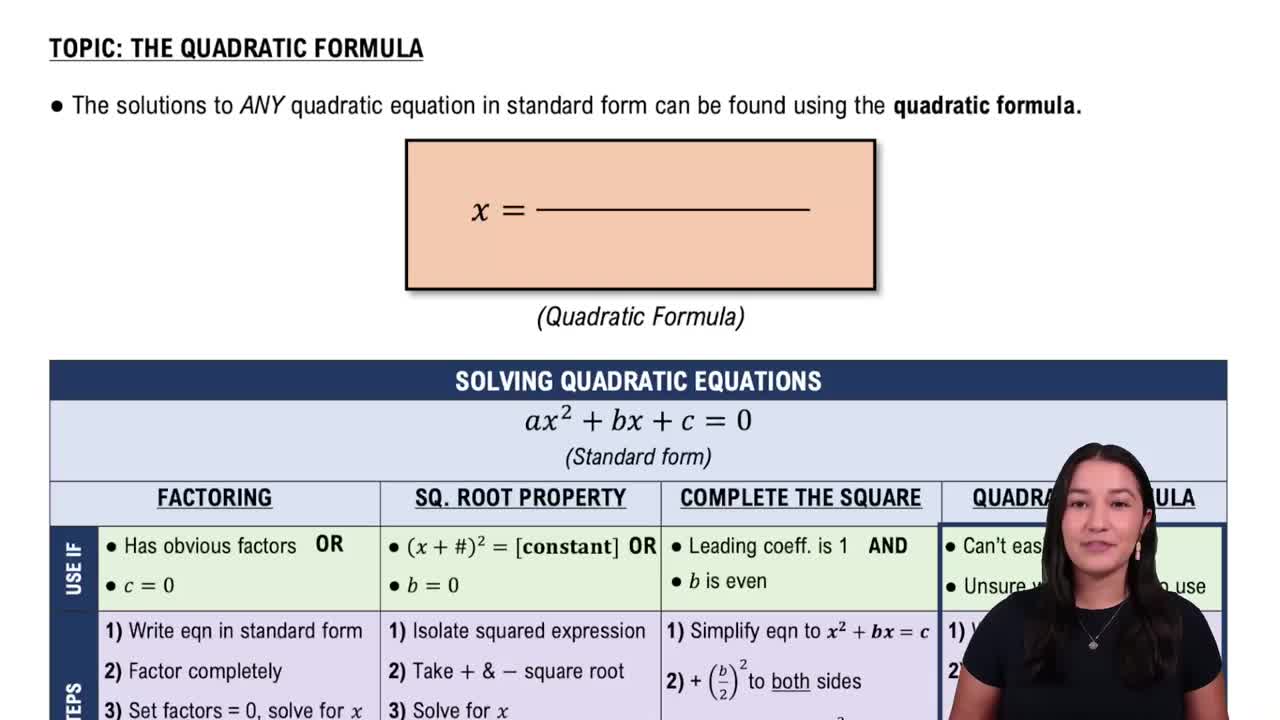Textbook Question
In Exercises 1–8, write the first five terms of each geometric sequence.
a1 = 5, r = 3
348
views
 Verified step by step guidance
Verified step by step guidance Verified video answer for a similar problem:
Verified video answer for a similar problem:



 4:18m
4:18mMaster Geometric Sequences - Recursive Formula with a bite sized video explanation from Patrick Ford
Start learning